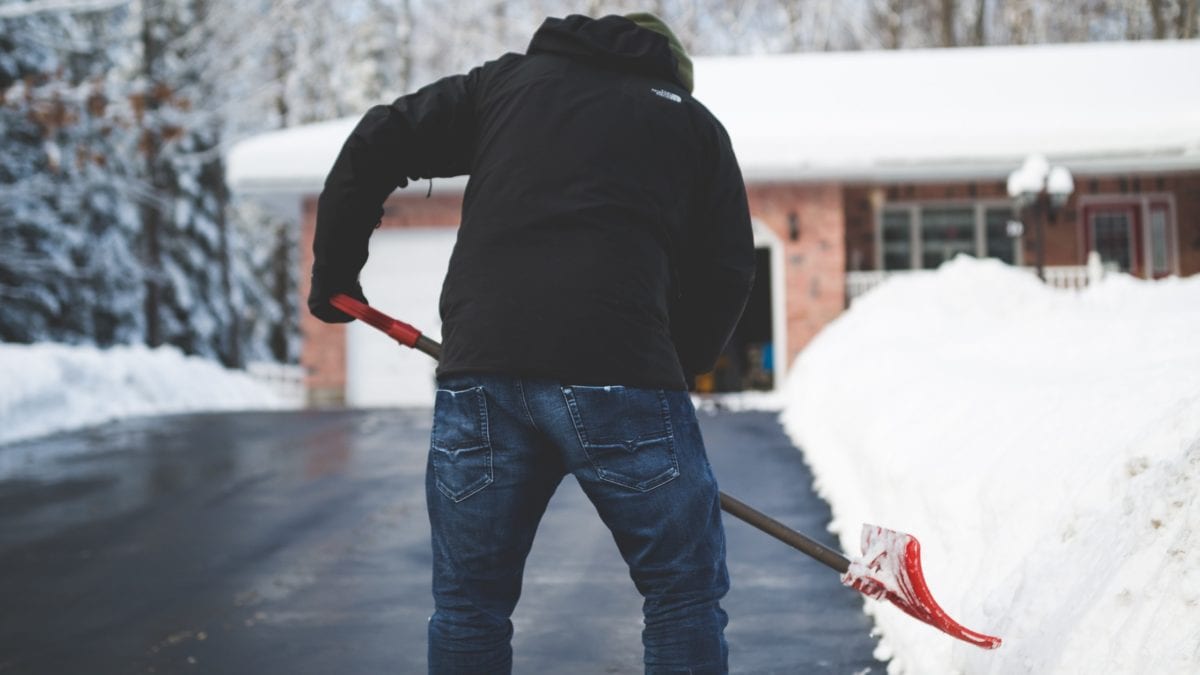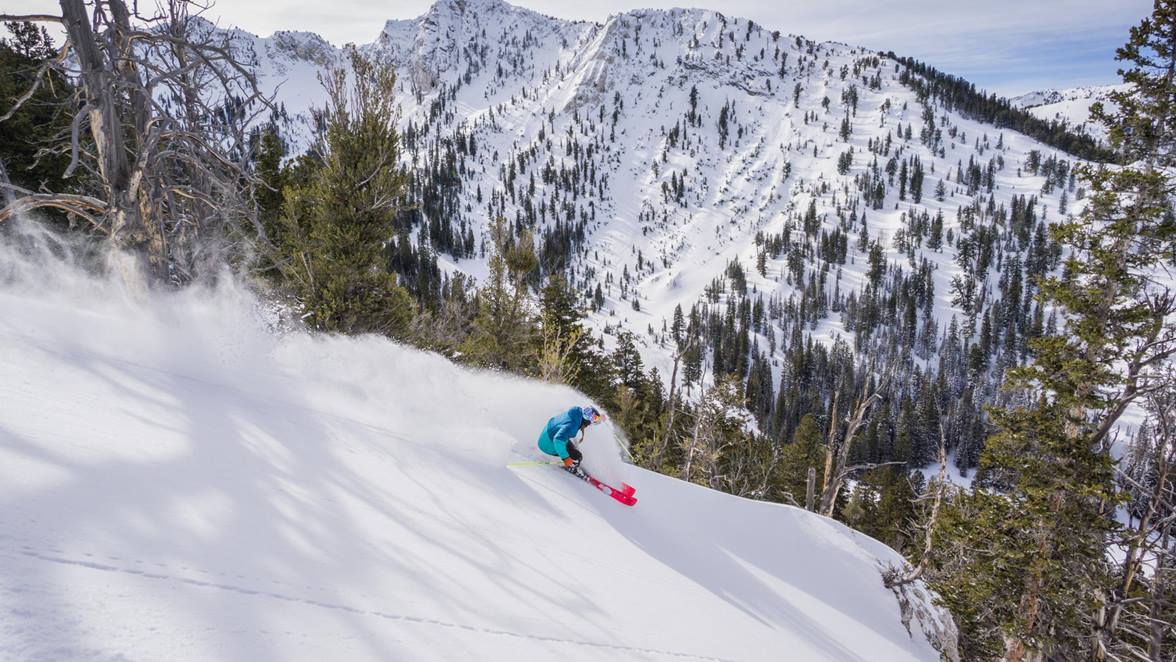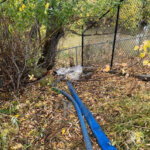Health
Avoid Preventable Winter Related Injuries

Each year, an average of 11,500 people in the US find themselves in the emergency room due to snow shoveling-related injuries. Photo: Filip Mroz
PARK CITY, Utah. —This week’s winter storms have brought a surge of winter-related injuries to Intermountain emergency departments and trauma teams. With more storms in the forecast, Intermountain Healthcare shared tips to prevent unnecessary trips to the emergency room.
“One of the most frequently seen causes for visits to the emergency room this time of year is from slipping on icy sidewalks,” said David Hasleton, MD, Intermountain Healthcare’s senior medical director of emergency medicine and trauma operations. “These slip-and-fall injuries can range from a small bruise or cut to a traumatic brain injury, so it is important that people take steps to reduce their danger.”
The winter-related accidents seen this week include car accidents, slips on ice, skiing and sledding-related accidents, and snow shoveling injuries. Below are Intermountain’s tips to avoid such injuries.
- Keep walkways shoveled. Everyone is at risk of injury from falls, and the elderly are especially vulnerable. Injuries can cause broken bones, back injuries, and concussions.
- Shovel snow safely. The repetitive motions of shoveling can put strain and stress on the body. Stretch before shoveling and hire someone if it feels like the safer option.
- Wear footwear with traction. Proper shoes are the key to safely handling winter conditions.
- Stay alert. Distractions can leave a person unprepared for potential black ice.
- Drive safely. Every year in the US, 116,800 people are injured, and 1,300 die, due to car accidents from winter conditions. Allow additional time to reach destinations. Keep space between other cars for plenty of time to stop. Use 4-wheel drive if possible, and be sure to get cars inspected regularly. Always wear a seatbelt.
- Wear safety equipment, especially a helmet. When heading out for winter activities, be sure to gear up. Intermountain Primary Children’s Hospital has seen serious sledding injuries this winter. These injuries are at twice the rate of last winter, and some required specialized intensive care.
“Head, neck, and abdominal injuries are common for kids taking part in winter activities,” said Jessica Strong, community health manager at Intermountain Primary Children’s Hospital. “If it’s sledding or skiing or snowboarding, wearing a helmet is a vital part of keeping kids safe and can help avoid serious injuries.”
These tips may save a trip to the hospital. But in case of injury, Intermountain said not to delay in calling 911 or heading to the emergency room.



















